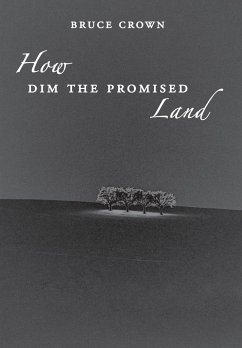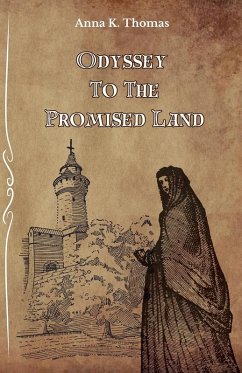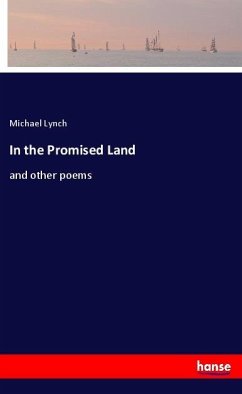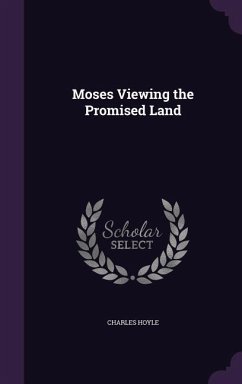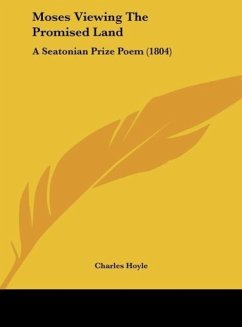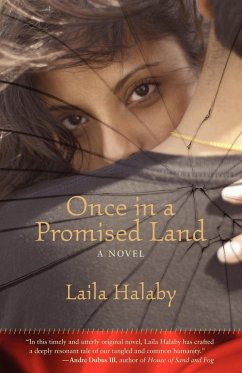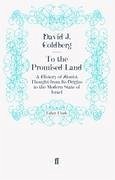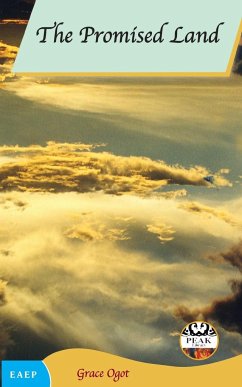
The Promised Land
Versandkostenfrei!
Versandfertig in 1-2 Wochen
20,99 €
inkl. MwSt.

PAYBACK Punkte
10 °P sammeln!
A young farmer and his wife who have migrated to Tanzania from Kenya become embroiled in issues of personal jealousy and materialism, and a melodramatic tale of tribal hatreds ensues. The novel explores Ogot's concept of the ideal African wife: obedient and submissive to her husband; family and community orientated; and committed to non-materialist goals. The style is distinctively ironic giving the story power and relevance. Grace Ogot has been employed in diverse occupations as a novelist, short story writer, scriptwriter, politician, and representative to the UN. Some of her other works inc...
A young farmer and his wife who have migrated to Tanzania from Kenya become embroiled in issues of personal jealousy and materialism, and a melodramatic tale of tribal hatreds ensues. The novel explores Ogot's concept of the ideal African wife: obedient and submissive to her husband; family and community orientated; and committed to non-materialist goals. The style is distinctively ironic giving the story power and relevance. Grace Ogot has been employed in diverse occupations as a novelist, short story writer, scriptwriter, politician, and representative to the UN. Some of her other works include The Island of Tears (1980), the short story collection Land Without Thunder (1988), The Strange Bride (1989) and The Other Woman (1992). The Promised Land was originally published in 1966, and has since been reprinted five times.




